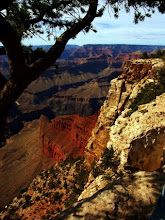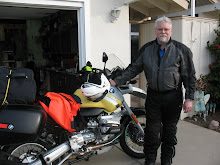I called Amazon CS, but the lady (though nice) was not able to resolve my issue, because she'd had no experience with PDF issues. I told her that I simply wanted them to be aware of the problem, and she thanked me.
I tried doing a "hard reset" (holding the power switch for 15 or more seconds), but that didn't help. I ended up doing a reset to factory settings (losing all of my loaded books, etc.) and had to reset my Kindle user name on the Managing My Kindle web-page as well as reinstall everything from scratch.
To give this another shot, I printed an email to PDF and mailed that to the Kindle. I have a suspicion that crashes might have something to do with the fact that my PDF's (of varying sizes) were loaded into sub-folders (Collections). I just looked again the small file I emailed works fine, but it's file size is VERY small.
I have reloaded all of the PDF’s that were deleted after the "reset to factory" debacle yesterday. For the time being, I have been VERY careful to open them and not do anything else, letting them open FULLY. So far (knock on wood) they all work, BUT WiFi is off, which in itself is a little weird, as it was on before I established a USB link with my computer and loaded the PDF's. After ejecting the Kindle, it was turned off, as was 3G, which seems to be spotty in my building.
After reading other people’s experiences, I'm actually afraid to turn WiFi back on, for fear it will crash my new, marvelous toy. So far, the files seem to be working, but WiFi is off as well, whether or not it contributes to the problem.
I tried doing some universal word searches, so am guessing that my unit is completely indexed. I have a graphite 3G + WiFi unit with a couple dictionaries, about 18 books, a couple JPG's and one small PDF loaded at the moment. No big, huge collections; no compilations...
I *really* do not want to return my unit and am hoping that there will be a firmware fix for this problem.



